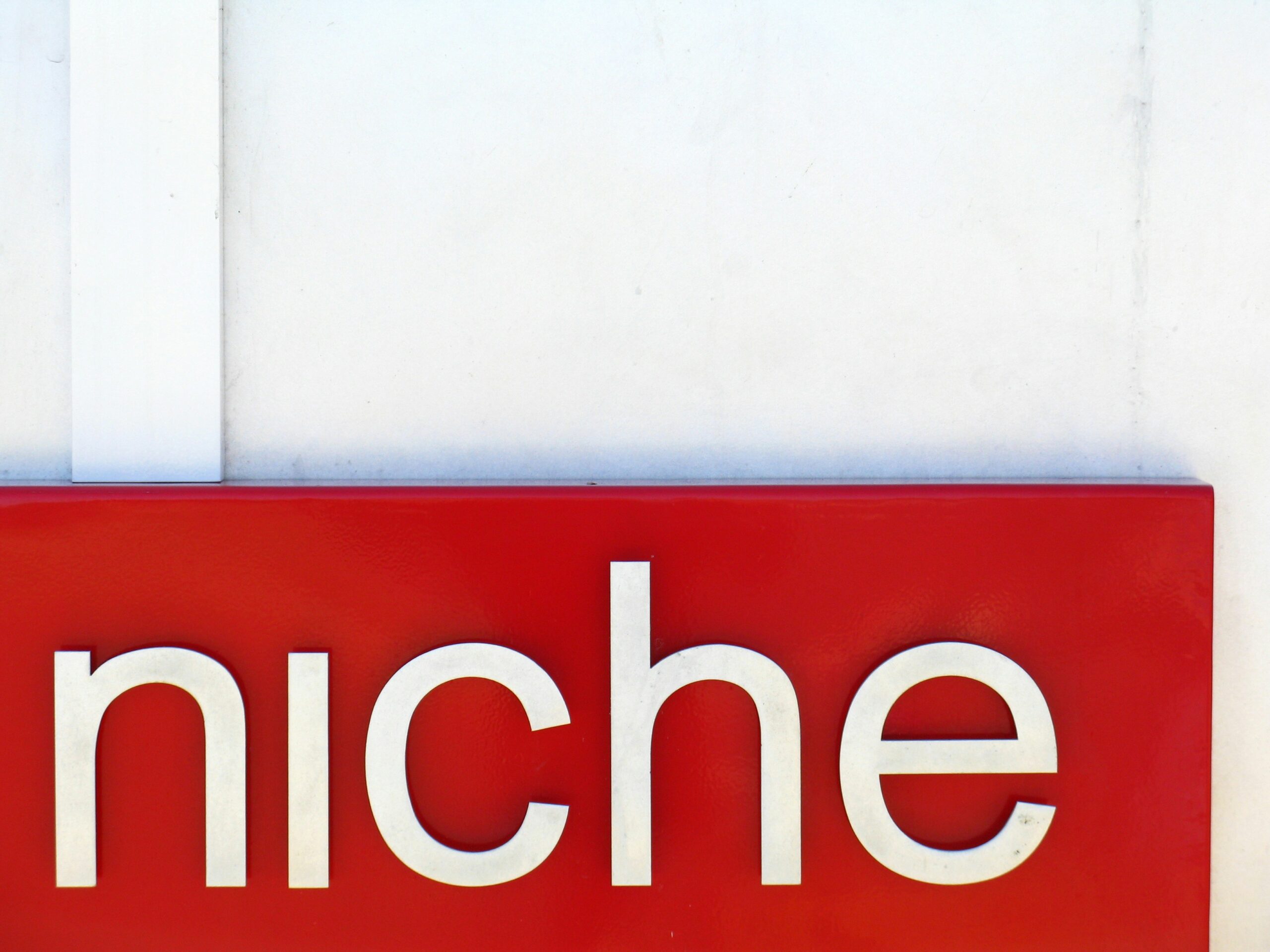Scaling Your Store Without Marketing: Is It Possible or a Bad Idea?
August 2, 2025 | by qqvmedia.com


Understanding Store Scaling
Scaling a store refers to the process of increasing its capacity to accommodate growth and demand without a corresponding increase in operational costs. In the context of retail or online stores, scaling can manifest through several metrics such as sales volume, market reach, customer base, and product assortment. The goal of scaling is not only to increase revenue but also to enhance profitability by efficiently leveraging existing resources while introducing new avenues for growth.
Various methods can be employed to achieve scale. One approach is to expand the product lines. By introducing new products or variations of existing ones, a store can attract a broader audience, thus increasing overall sales. However, careful market research is essential to ensure these new additions align with customer preferences and market demands.
Another critical strategy for scaling involves improving operational efficiencies. This can include optimizing supply chain processes, enhancing inventory management, and utilizing technology to streamline operations. Operational efficiencies allow businesses to handle increased demand without significantly raising costs, leading to better profit margins.
Expanding into new markets is also a prevalent strategy for scaling. This might involve physical expansion, such as opening new locations or entering new geographical areas, or digital expansion through e-commerce platforms targeting a global audience. While these methods can drive growth, they can also introduce complexities that require robust management and strategic planning.
It is essential to differentiate between scaling with and without marketing efforts. Marketing plays a vital role in customer engagement, brand visibility, and driving sales. Scaling without a structured marketing strategy is typically not advisable, as it may lead to inadequate customer awareness and hinder revenue growth. Therefore, while there are several routes to scaling a store, integrating marketing efforts should be a cornerstone of any growth strategy to ensure the sustainability and success of the business.
The Role of Marketing in Store Growth
Marketing is an essential component for the growth and sustainability of any retail store. It encompasses a range of strategies designed to not only reach new customers but also engage and retain existing ones, ultimately leading to increased sales and revenue. Various forms of marketing can be deployed, including content marketing, social media engagement, and traditional advertising, each playing a unique role in a store’s expansion efforts.
Content marketing, for example, allows retailers to create valuable content that informs and engages potential customers. This strategy not only enhances brand visibility but also builds trust and credibility among consumers. By sharing informative articles, engaging videos, or helpful infographics, stores can position themselves as industry experts, attracting a larger audience. Such content can be shared across various platforms, expanding the store’s reach exponentially.
Social media engagement further amplifies a store’s marketing efforts. With a significant portion of the population active on various social media platforms, businesses have the opportunity to connect directly with customers. Regularly posting updates, responding to inquiries, and creating interactive content fosters a community around the brand. This two-way communication channel not only enhances customer loyalty but also drives word-of-mouth referrals, which are invaluable for organic growth.
Advertising, whether through online platforms or traditional media, remains a cornerstone of effective marketing. Targeted ads can help retailers reach specific demographics, allowing them to tailor their messages to the right audience. Conversely, neglecting marketing can lead to significant challenges, severely limiting a business’s potential for scaling. Retailers that fail to engage in marketing may find themselves overshadowed by competitors who are more proactive, causing stagnation in sales and brand recognition.
Potential Risks of Scaling Without Marketing
As businesses attempt to expand their operations, the absence of a robust marketing strategy can expose them to several risks that significantly hinder growth potential. One of the primary concerns is poor visibility in an increasingly competitive market. Without marketing efforts, a store may struggle to reach its target audience, as prospective customers remain unaware of the products or services available. This lack of visibility can inhibit customer acquisition, essential for any scaling process. In the current digital age, where numerous brands vie for consumer attention, a business that neglects marketing inevitably faces the risk of being overshadowed by more proactive competitors.
Moreover, ineffective customer acquisition strategies can further exacerbate this issue. Without targeted marketing in place, businesses might find it challenging to engage and convert potential customers. Relying solely on organic growth or word-of-mouth recommendations can lead to stagnant sales figures, preventing the desired expansion. In scenarios where a business lacks a clear value proposition communicated through marketing channels, it becomes exceedingly difficult to differentiate from competitors, leaving potential customers unsure about choosing that particular store over others. This uncertainty can lead to a decline in brand loyalty, further crippling growth efforts.
Additionally, the absence of marketing initiatives can adversely affect brand perception. Consumers often associate strong marketing with reliability and quality. A lack of visibility can breed skepticism, leading to negative assumptions about a brand’s credibility. When customers do not engage with a brand’s messaging or marketing campaigns, they may question the quality of products or services offered. Ultimately, failing to prioritize marketing as a vital component of scaling efforts can result in a company’s decline, reinforcing the notion that strategic marketing plays a crucial role in sustainable growth. A thoughtful approach to marketing is imperative to navigate these risks and ensure that scaling efforts lead to positive outcomes.
Alternative Strategies for Growth
In the quest to scale a retail store, traditional marketing methods often play a vital role. However, it is crucial to explore alternative growth strategies that can either complement or substitute conventional marketing techniques. One potent strategy is leveraging customer referrals. This approach relies on satisfied customers to spread the word about your store. Encourage your current clientele to recommend your products and services to their network by implementing a referral program that rewards them for each new customer they bring in. This not only enhances customer loyalty but also cultivates a sense of community around your brand.
Another strategy is to enhance the in-store experience. This includes creating an inviting and engaging shopping atmosphere that encourages customers to spend more time in your store. Consider hosting events, offering product demonstrations, or creating themed displays that captivate and interest your target audience. By fostering a memorable shopping experience, you are more likely to generate positive word-of-mouth, which can significantly contribute to store growth without the need for formal marketing campaigns.
Forming partnerships with other local businesses can also be a fruitful strategy. Collaborating with complementary businesses allows for cross-promotion, expanding your reach within the community. For instance, a clothing store might partner with a local accessories shop to create joint promotions, driving traffic to both stores and fostering goodwill in the process. This symbiotic relationship can unlock new avenues for customer engagement and brand awareness.
Lastly, utilizing word-of-mouth techniques should not be overlooked. Encourage your customers to share their experiences on social media, provide testimonials, or participate in community events. Engaging with customers both online and offline can create a grassroots movement of support for your store, encouraging organic growth.
In conclusion, integrating these alternative growth strategies with traditional marketing approaches can pave the way for successful scaling of your store. By focusing on customer referrals, enhancing the shopping experience, forming strategic partnerships, and utilizing word-of-mouth techniques, store owners can create a balanced strategy that fosters sustainable growth. Emphasizing both operational excellence and organic awareness will be key in achieving long-term success.
RELATED POSTS
View all


